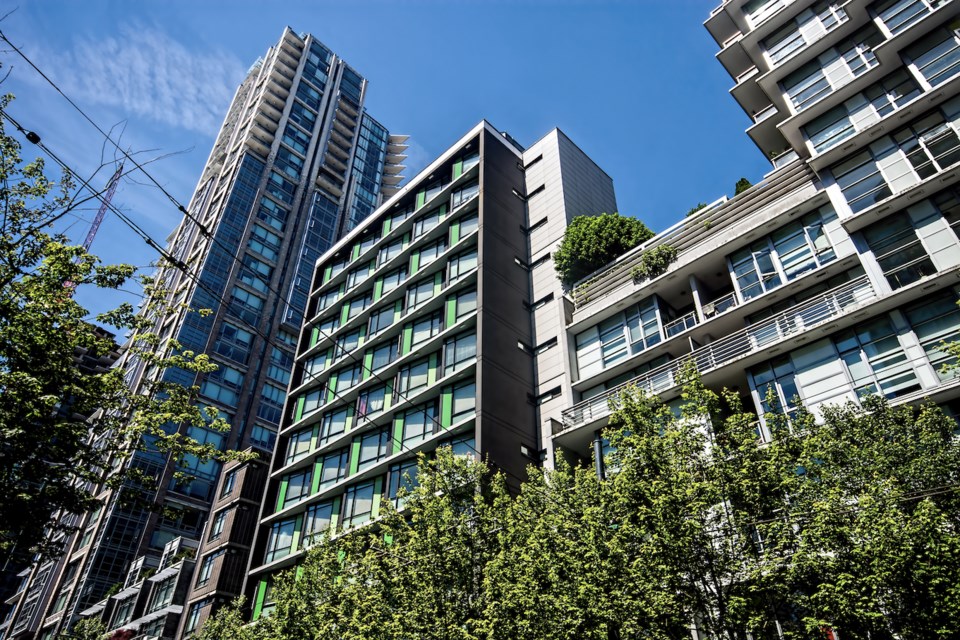A proposed Housing Supply Act in B.C., released November 21 by Premier David Eby, would outlaw rental restrictions in strata (condo or townhouse) projects in B.C.
It would also expose all owners of strata housing units in major urban markets to the provincial speculation tax (or empty home tax) which currently exempts those units in strata buildings that don’t allow rentals, and a similar tax in the City of Vancouver.
“Yes, it dissolves the exemption category,” confirmed Tony Gioventu, executive director of the Condominium Homeowners Association of BC. (CHOA)
The speculation tax is applied for homes in B.C. that are left vacant, but the current law allows an exemption when “a covenant or a strata bylaw prevents the property from being rented out.” Lifting the exemption would mean that an owner would be subject to the tax, which is 0.5 per cent of the home’s value for B.C. residents and 2 per cent for foreign owners.
With the average condo apartment in Metro Vancouver valued at approximately $727,000, and a strata townhouse at just over $1 million, the B.C.-resident tax would range from about $3,500 to $5,000.
Strata owners in the city Vancouver would also suddenly be subject to the Vancouver vacant home tax, which was recently increased to 3 per cent and which currently exempts units that are subject to a strata’s rental restriction. The average condo apartment in Vancouver sold in October for approximately $800,000, meaning a $24,000 tax if it is not rented out for at least six months of the year.
If passed, B.C.’s proposed Housing Supply Act would come into effect through regulations in mid-2023, while proposed amendments to the Strata Property Act would come into effect immediately.
But CHOA said strata studies have shown that the highest vacancy rates are in buildings with no rental restrictions.. At the same time properties with rental bylaws average a vacancy rate of 0 per cent to 4 per cent, the study found.
“The expectation that the removal of rental bylaws will result in a solution for rental housing, has no correlation to the statistics” CHOA stated in November 21 letter to provincial MLAs. “The potential effect of terminating rental bylaws … will be an increase in [condo] purchases for the purpose of speculation and investment.”
Gioventu added that landlords rarely participate in strata operations, and rarely support increased strata fees or special levies for repairs.
“In addition to the onerous task of operations, we will now be downloading the work load of managing tenants on the volunteers we charge with the statutory obligations of property operations under the Strata Property Act,” Gioventu said.
The province estimates there are about 300,000 strata units that may be subject to rental bans. However, the new Housing Supply Act would still allow stratas to have bylaws banning short-term rentals,such as Airbnbs.
The new Act would also require the fastest-growing communities in “urgent” need of housing stock — eight to 10 communities are estimated by the province to fall into this category — to establish housing targets in consultation with the province.
The target-setting is intended to be a collaborative approach. Municipalities will figure where and how that housing is built, according to Eby’s statement.



